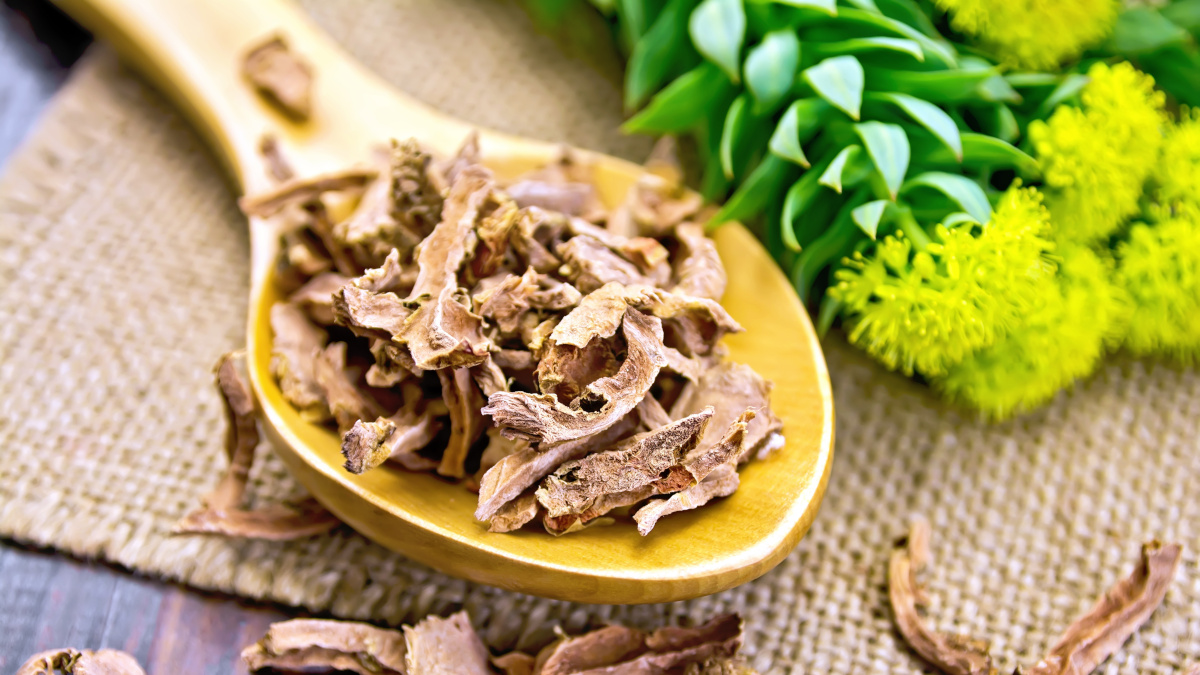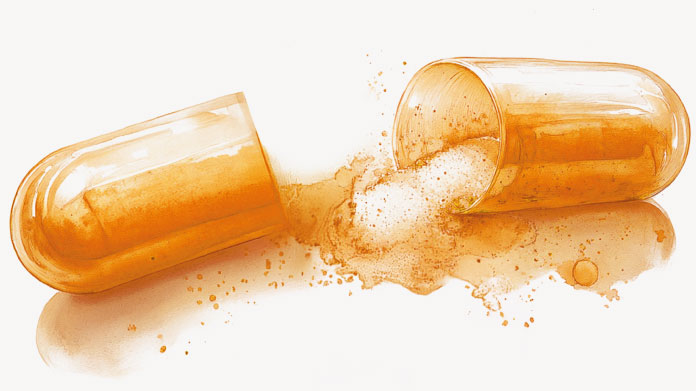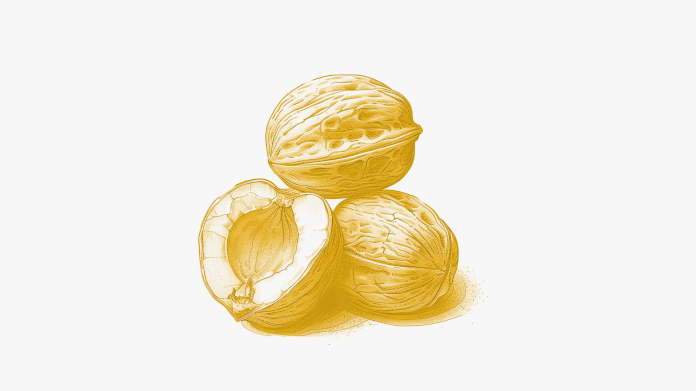Rhodiola: benefits and dosage of the famous ‘golden root’
An adaptogen plant used for centuries by those living in cold climates, rhodiola offers many advantages for health. Discover now the benefits of this arctic root, a plant of significant scientific interest.

What exactly is Rhodiola rosea?
Rhodiola rosea, also known as simply rhodiola, roseroot, golden root and arctic root, is a perennial plant indigenous to the world’s colder regions. It thus grows in the Arctic, in mountainous areas of central Asia and in Northern Europe.
It has traditionally been used by the Vikings, Inuits, and Sami (or Laplanders)... as well as by practitioners of Chinese medicine.
Composition of the ‘arctic root’ or ‘golden root’
Rhodiola contains various active ingredients, including in particular:
- rhodiolosides, glycoside compounds;
- tyrosol, a phenolic substance;
- and the famous rosavins, responsible for many of the plant’s properties (1).
It also contains flavonoids, essential amino acids and a number of minerals and vitamins.
The only part of the rhodiola plant which is consumed and used in phytotherapy is the root (hence its alternative names of ‘golden root’ and ‘arctic root’). A number of scientists have now succeeded in identifying its beneficial properties.
Multiple benefits of the adaptogen Rhodiola rosea
Rhodiola:
- supports strength and physical condition (2);
- helps the body adapt to emotional stress and is thus classified as an adaptogen». It has shown positive effects against fatigue and stress-induced headaches (3-4);
- has a beneficial effect on the cardiovascular system, as it helps protect against stress and hypertension (5);
- helps maintain normal circulation which is associated with healthy brain function and reactivity. It thus supports optimal mental and cognitive activity and helps stimulate perception (6);
- has been shown to help those with sleep problems. Taking a rhodiola supplement may thus be beneficial for those who have trouble falling asleep ... (7);
- rhodiola is also a plant antioxidant which helps protect cells(8).
Dosage: how much rhodiola should you take a day?
This arctic root can be taken in the form of a herbal tea or decoction, in which case consume 300-550 mg a day, spread over 3 cups a day, for a period of one week, followed by a week’s break.
However, the simplest way to consume rhodiola is to take pre-dosed capsules, which avoids the risk of taking too much. Choose a supplement such as Rhodiola rosea, which provides 600 mg of Rhodiola rosea a day, standardized to 5% rosavin. For maximum benefit, take one capsule before breakfast, and one before lunch.
Other supplements that contain Rhodiola rosea
If you’d like to benefit from several adaptogen plants at the same time, opt for a synergistic formulation (such as Adaptix, which contains Rhodiola rosea, astragalus, schisandra...)
If you’re feeling stressed, you could also try the formulation Adrenal Support. Along with rhodiola, it contains tulsi which helps protect against the effects of stress, and eleutherococcus, another excellent adaptogen.
Do you spend hourstossing and turning in bed? Do you wake up constantly during the night and get up each morning feeling increasingly tired? As well as containing Rhodiola rosea, the supplement Natural Sleep Formula has a high hop and valerian content, which helps promote good quality sleep.
Caution: rhodiola is not recommended for women who are pregnant or breastfeeding, or for those suffering from kidney disease or cirrhosis.
References
- Li Y, Pham V, Bui M, et al. Rhodiola rosea L.: an herb with anti-stress, anti-aging, and immunostimulating properties for cancer chemoprevention. Curr Pharmacol Rep. 2017;3(6):384-395. doi:10.1007/s40495-017-0106-1,
- Parisi A, Tranchita E, Duranti G, Ciminelli E, Quaranta F, Ceci R, Cerulli C, Borrione P, Sabatini S. Effects of chronic Rhodiola Rosea supplementation on sport performance and antioxidant capacity in trained male: preliminary results. J Sports Med Phys Fitness. 2010 Mar;50(1):57-63. PMID: 20308973.
- Ishaque S, Shamseer L, Bukutu C, Vohra S. Rhodiola rosea for physical and mental fatigue: a systematic review. BMC Complement Altern Med. 2012;12:70. Published 2012 May 29. doi:10.1186/1472-6882-12-70
- Li Y, Pham V, Bui M, et al. Rhodiola rosea L.: an herb with anti-stress, anti-aging, and immunostimulating properties for cancer chemoprevention. Curr Pharmacol Rep. 2017;3(6):384-395. doi:10.1007/s40495-017-0106-1
- Maslova LV, Kondrat'ev BIu, Maslov LN, Lishmanov IuB. O kardioprotektornoĭ i antiadrenergicheskoĭ aktivnosti ékstrakta rodioly rozovoĭ pri stresse [The cardioprotective and antiadrenergic activity of an extract of Rhodiola rosea in stress]. Eksp Klin Farmakol. 1994 Nov-Dec;57(6):61-3. Russian. PMID: 7756969.
- Ma GP, Zheng Q, Xu MB, et al. Rhodiola rosea L. Improves Learning and Memory Function: Preclinical Evidence and Possible Mechanisms. Front Pharmacol. 2018;9:1415. Published 2018 Dec 4. doi:10.3389/fphar.2018.01415
- EFSA Register of Questions – 2659
- Battistelli M, De Sanctis R, De Bellis R, Cucchiarini L, Dachà M, Gobbi P. Rhodiola rosea as antioxidant in red blood cells: ultrastructural and hemolytic behaviour. Eur J Histochem. 2005 Jul-Sep;49(3):243-54. PMID: 16216810.
Keywords
3 Days
Fast delivery
Fast delivery
MONELL
4 Days
Good prices
Good prices, easy to order, and communicate with. Answers emails. Timely shipping
DOMINIC
4 Days
quick delivery
quick delivery
Barbara J
7 Days
Love this product
Love this product, works so well for my arthritis!
BLANCO Judy
10 Days
Great quality supplements
Great quality supplements, fast shipping and excellent customer service. Thank you
Romana
10 Days
fast service and shipping..best prices…
fast service and shipping..best prices for GHK-CU
Marie
10 Days
Professional
Professional, timely shipping and effective products!
Mohamad Hussein
11 Days
Fast shipping plus hard to find peptide.
Fast shipping plus hard to find peptide.
WATERS R
13 Days
Above and Beyond!
Above and Beyond!
DOMINIC
17 Days
Solid
Fast, affordable, effective.
Buyer
18 Days
The supplements made an immediate…
The supplements made an immediate impact on my microbiome. I love it.
JOHNSON Stephen
19 Days
SUPERSMART WEIGHT LOSS BOOSTER
SUPERSMART IS A GREAT CO- MPANY, GREAT PRICES,IT'S SO VERY EASY TO GET A HOLD OF AND, I RECEIVED MY ORDER IN SUCH A VERY SHORT TIME,AND BECAUSE OF THAT,I AM ALREADY LOSING WEIGHT! IT'S MAKES FOR A GREAT DAY WHEN I WEIGH MY- SEF AND I FIND OUT THAT I HAVE LOST A COUPLE OF MORE PO- UNDS.I ALSO DO THE "SPEED UP YOUR METABOLISM TRICK",WH- ERE YOU DIET ONE DAY AND ARE OFF THE NEXT,AND YOU DRINK DIET GREEN TEA AND AND EAT "DIET TYPE " OF MEALS.IT DOES HELP.I ALSO TRY TO EAT FOODS THAT "BURN CALORIES" ON "DIET DAYS".
PERFUMO Irene L
20 Days
The package arrived in good condition
The package arrived in good condition. It is too soon to say how effective the S-Acetyl-Glutathione is as I have taken only 1 capsule.
WRIGHT Connie
22 Days
Great people
Great people, friendly, helpful and competent!
WHITEHILL Claude Steven
24 Days
Ease of ordering and customer service.
Ease of ordering and customer service.
CARTER Rhonda



